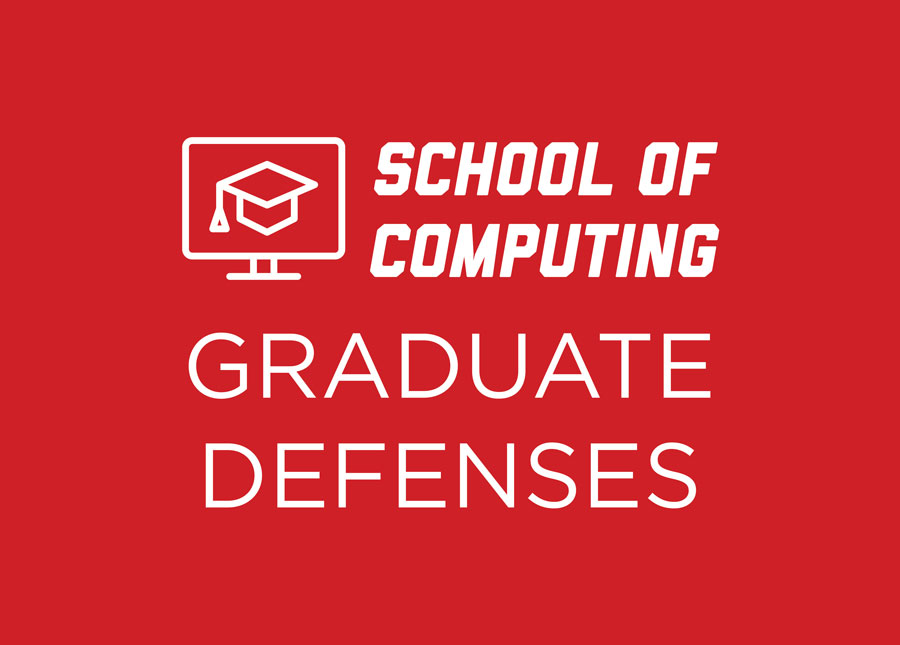
Dissertation Defense: Tyler Barker
Thursday, April 24
10 AM
103C Avery Hall
Zoom: https://unl.zoom.us/j/97390147616
“Foundational Study on Subjective Information in Biological Systems”
Information theory can be used to describe the gain of evolutionary fitness that an organism obtains from sensing, processing, and acting on environmental information. Despite the potential for an information-based mathematical framework to offer new insights into life processes and ways to interact with and control them, the main legacy is that of Shannon’s, where a purely syntactic characterization of information scores systems on the basis of their maximum information efficiency. The latter metrics seem not entirely suitable for systems organized with biologically active components (biological systems), where transmission and storage of different pieces of information (carrying different semantics) can result in different chances of survival. Based on computational and analytical models of single-celled organisms whose survival is correlated to information retrieval from the environment, this dissertation explores the disconnect between classical information theory and biology. This framework is constructed specifically to reveal the emergence of a “subjective information” i.e., trade-off between a living system’s capability to maximize the acquisition of information from the environment, and the maximization of its growth and survival over time. The novel metric of “subjective information” is validated through the simulation and analysis of computational and analytical models, enabling its correlation with different strategies for information acquisition from the environment and processing. The obtained results indicate that the proposed measure of subjective information is reliable in quantifying the effectiveness of a biological system’s strategy in using information from the environment for its growth and survival. This dissertation also considers the fitness value of subjective information, i.e., the context-dependent value of different kinds of information. A simplified model is given in which the organism requires two essential nutrients and can prioritize sensing for one or the other. It is shown that a subjective strategy, in which the organism prioritizes a less abundant nutrient for sensing, leads to higher fitness than a balanced strategy, in which total information is maximized and the meaning of the acquired information is disregarded. Using this model, the fitness advantage of subjective information admits an analytical solution, showing that subjective information is more advantageous in noisier environments.
Committee:
Chair: Dr. Massimiliano Pierobon (UNL)
Member: Dr. Sasitharan Balasubramaniam (UNL)
Member: Dr. Byrav Ramamurthy (UNL)
Special Member: Dr. Peter J. Thomas (Case Western Reserve University)
Outside Representative: Dr. Bo Deng (UNL)